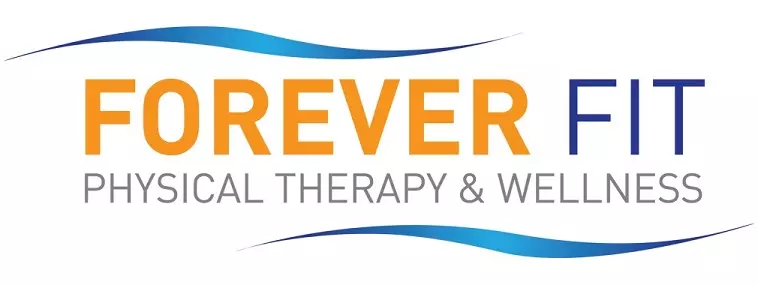After a head injury, concussion therapy and vestibular rehabilitation can be key to recovery. Serious head injuries are relatively common. Globally, research suggests that 50 million people experience traumatic brain injuries (TBIs) each year. A TBI can come with symptoms that linger. Left untreated, they may even worsen over time. Symptoms might include dizziness, disorientation and balance issues. You may have a hard time concentrating or recalling memories. Whether caused by a fall, car accident or sports injury, a head injury might need professional intervention to help ensure that you get better.
A licensed physical therapist can play a key role in your recovery process. With a specialized vestibular rehabilitation program, your physical therapist can help you manage your symptoms and regain your ability to function. Diving deeper into the benefits of vestibular PT can help you make informed decisions about your treatment.
6 benefits of concussion and vestibular therapy
- Reduces dizziness — After a head injury, dizziness and vertigo are common symptoms. Vertigo is a spinning sensation that you might feel even when you aren’t moving. These symptoms occur when the vestibular system, which helps control balance and spatial awareness, is affected. Vestibular therapy can help reduce dizziness with exercises and gradual exposure to movement. With the right exercises, you can improve inner ear function and retrain your brain. Over time, targeted exercises can help your dizziness become more manageable. You may also be able to decrease the frequency and intensity of vertigo episodes. By getting these symptoms under control, you can improve your quality of life and move through the world with more steadiness.
- Improves balance — A head injury can throw you off balance. Someone recovering from a TBI may experience poor balance and coordination due to inner ear or brain function changes. This can make simple tasks like walking, standing or turning feel unsteady. You might feel as if you are always about to fall. With balance training and other PT techniques, you can improve your balance and coordination. Specific exercises such as eye and head movement training are designed to restore coordination between vision and movement. Strengthening exercises for your core and leg muscles work to support overall stability. With a comprehensive rehabilitation plan, you can reduce your risk of falls and boost your confidence.
- Relieves headaches — Headaches are often a persistent symptom of concussions and other TBIs. They may be caused by neck tension, vision problems, or increased sensitivity to light and motion. Manual therapy and posture correction can relieve neck strain, which can contribute to headaches. Vision exercises may help reduce eye strain, another potential headache trigger. Gradual reintroduction to movement can help prevent motion-related headaches. The multifaceted approach of PT vestibular rehab works to provide comprehensive relief.
- Enhances concentration — People recovering from head injuries sometimes report difficulty thinking clearly. They might have trouble remembering information and staying focused. This is commonly called “brain fog.” Vestibular rehabilitation may incorporate exercises designed to stimulate cognitive function. These exercises can help improve clarity and clear away the fog. By improving your focus and processing, vestibular therapy can help improve your work, school and social interactions.
- Accelerates return to activity — After a head injury, a speedy return to activity can be important. This is especially relevant for athletes. If you’re an athlete, you may want to be fully recovered before the next season or important game. Vestibular rehabilitation can accelerate your return to activity in many ways. With progressive exercise programs, you can rebuild your endurance in a safe way. Balance and coordination drills can help you restore your agility. Your physical therapist can also help you build a road map to recovery. They may give recovery estimates and milestones for you to work toward. When you do return to play, your physical therapist may give you safety guidelines to prevent reinjury. This approach helps accelerate your return to your sport while prioritizing safety.
- Provides personalized care — Your situation is unique. People experience all kinds of head injuries. People also have a wide range of different existing conditions and recovery goals. These factors, among others, can shape your recovery journey. This is why a one-size-fits-all approach to care isn’t always a good option; after a head injury, it’s best to receive personalized care. This is one major benefit of vestibular rehab. Your physical therapist will complete a comprehensive evaluation of your condition. After this evaluation, they will work with you to build a treatment plan tailored to your needs and goals. This approach is designed to help ensure that you get the best possible care for your symptoms and condition.
Get physical therapy after a concussion or other head injury at Forever Fit
At Forever Fit, we understand that recovering from a head injury can be challenging. Our team offers comprehensive, personalized treatment designed to support you each step of the way. With our help, you can start managing your symptoms and working toward long-term recovery.
Contact our team today for more information about concussion therapy or to schedule an initial appointment.

